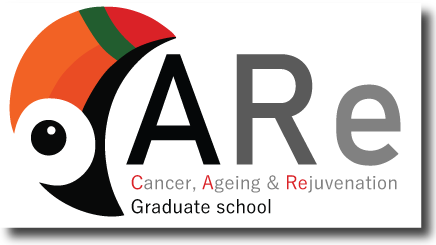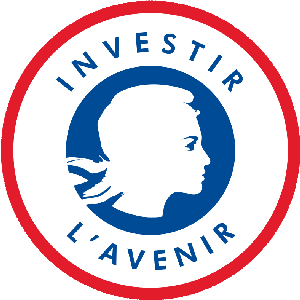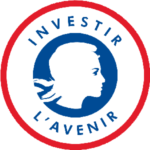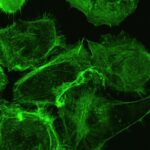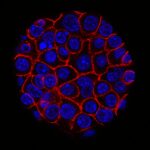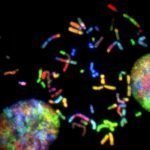PhD proposal
Supervisors: Eric Campo, LAAS CNRS, Toulouse
Antoine Piau, CHUT, Gérontopôle, Toulouse
Jeffrey Kaye, Orcatech, OHSU, OR USA
The use of digital biomarkers for early detection of functional or cognitive decline is receiving increasing attention. For example, sensor-derived mobility indicators have been studied to predict an upcoming fall in the elderly. Currently, assessment of an individual’s food intake behavior relies primarily on self-report measures with a major recall bias. Continuous real-time sensor monitoring may provide a more sensitive and environmentally valid method. It is well demonstrated that the detection of subclinical alteration of nutritional habits (e.g. meal time, frequency, meal preparation…) combined with physiological parameters (weight, body composition, mobility) can prevent disease or social isolation.
In this work, we propose to develop digital biomarkers to track nutrition-related outcomes. We hypothesize that changes in meal intake or meal preparation outcomes correlated to physiological health characteristics (e.g. weight) could give predictive signs of deterioration but also that the monitoring of these parameters could give useful information on the dynamics of recovery after a hospitalization or a surgery for example. The proposed system is composed of a set of low cost sensors and embedded algorithms installed in the home to detect subtle changes on different time scales (weekly to yearly).
Finally, the development of digital biomarkers should allow better specification of the innovative services to be implemented to ensure their scalability and integration into the care pathway. This project associating a technological research center and a clinical center of excellence will benefit from the observational cohort of 100 elderly people continuously monitored with sensors at home for 5 years (INSPIRE-T project).
Key words: cognitive decline, digital monitoring
